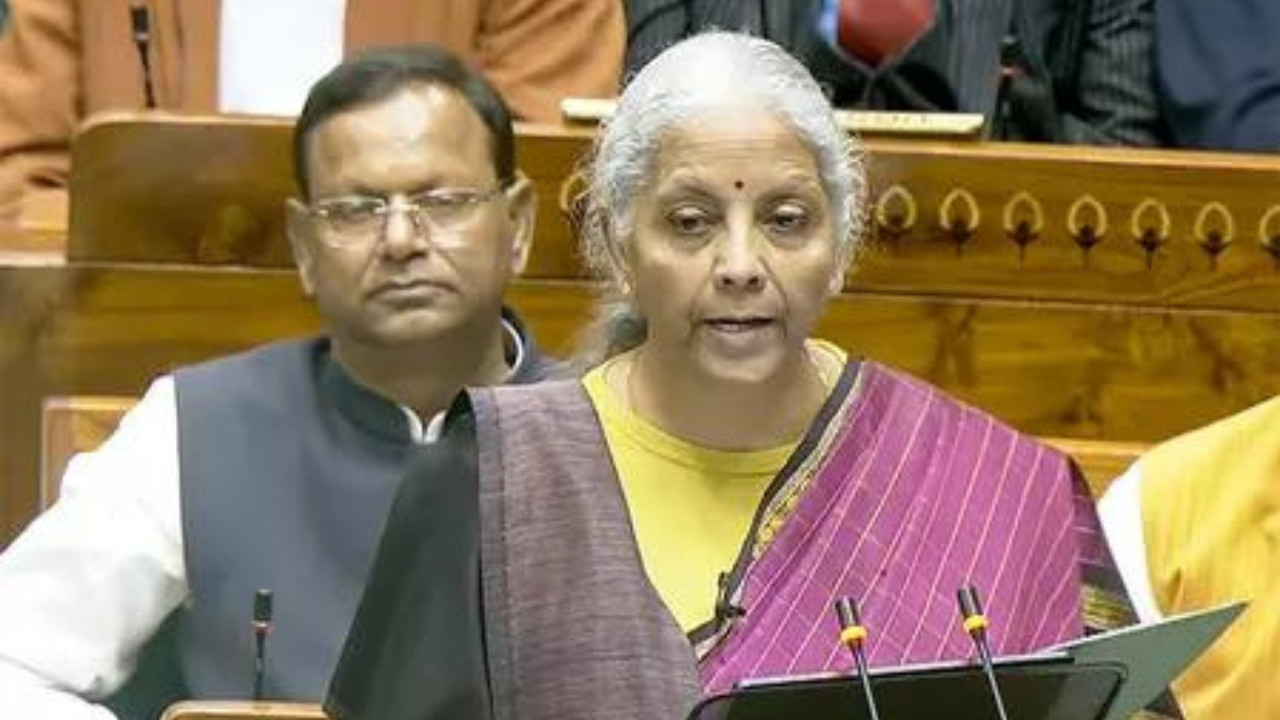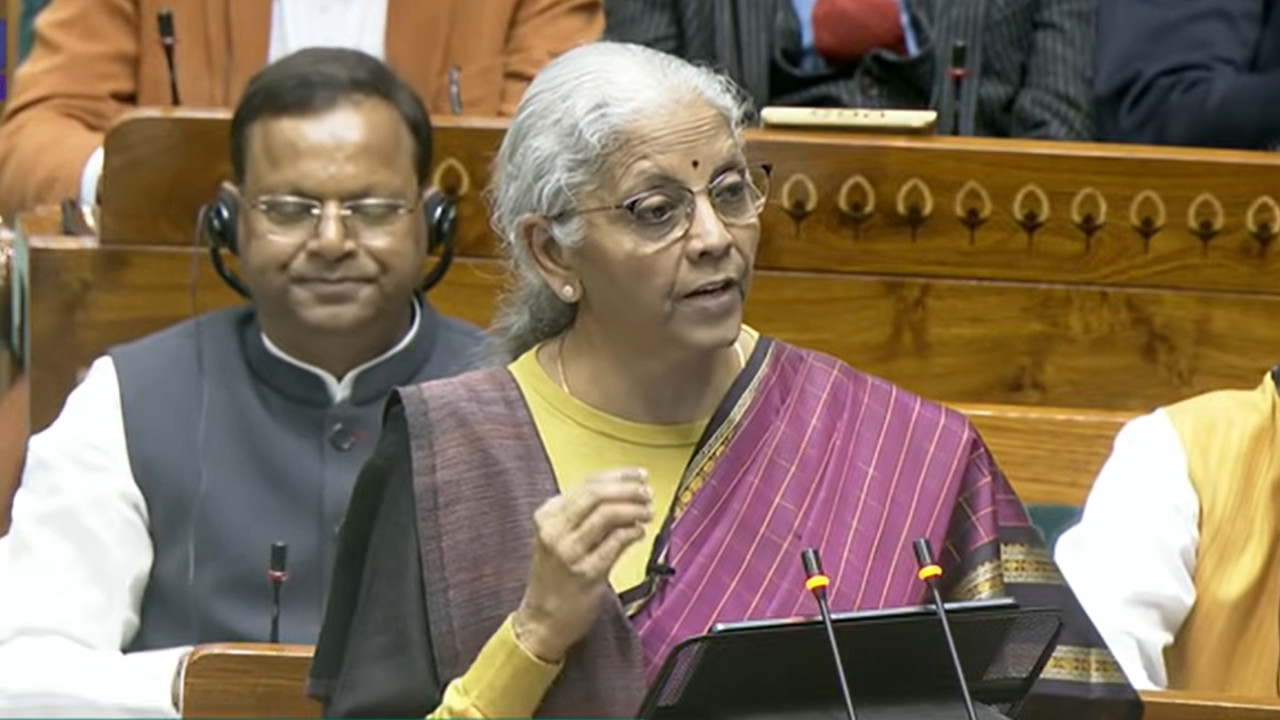Indian equity markets faced headwinds from US tariff hikes and the Russia-Ukraine conflict, partially offset by GST reforms. Bond yields rose as the RBI held rates steady. Despite market weakness, a sovereign credit rating upgrade provided some support. Equity funds saw mixed performance, while debt funds delivered positive returns across all timeframes. Passive funds outperformed in the last year.
August’s Market Wobble: Navigating the Shifting Sands of Finance
August. The month of vacations, sunshine… and, apparently, market jitters. While many of us were soaking up the last rays of summer, the financial markets took a bit of a tumble. The Indian stock market, typically a picture of robust growth, experienced a noticeable slide throughout the month. But why the wobble, and what does it mean for your investments?
Several factors contributed to this August slowdown. The ongoing Russia-Ukraine war continues to cast a long shadow, disrupting global supply chains and injecting uncertainty into the energy sector. This geopolitical instability inevitably ripples through markets worldwide.
Adding fuel to the fire are concerns surrounding potential US tariffs. Trade tensions always create anxiety, and the prospect of increased tariffs raises fears of inflation and slower economic growth. Businesses hate uncertainty, and the threat of new tariffs definitely clouds the picture.
Unpacking the August Market Performance
Zooming in on the details, specific sectors felt the pinch more acutely than others. We saw fluctuations across the board, leaving investors wondering what to expect moving forward. Market analysts pointed to profit booking as another contributing factor – a natural occurrence after periods of sustained growth. Investors often choose to lock in their gains, which can trigger temporary dips.
The situation wasn’t uniform, though. Some sectors demonstrated more resilience than others, showcasing the diverse nature of the Indian economy. This divergence highlights the importance of a well-diversified investment portfolio, capable of weathering different economic climates.
GST Reforms: A Silver Lining?
Amidst the global headwinds, there’s a glimmer of hope emanating from domestic policy. The Goods and Services Tax (GST) reforms continue to offer a vital cushion, streamlining the tax system and fostering a more business-friendly environment. These reforms aim to improve efficiency and transparency, ultimately boosting economic growth.
The ongoing evolution of the GST framework provides a foundation for long-term stability. While it might not immediately offset the impact of global uncertainties, it represents a significant step towards strengthening India’s economic foundations and insulating it from some of the global turmoil.

Navigating the Uncertainty: Tips for Investors
So, what should investors do in the face of this market uncertainty? Panic is rarely the answer. Instead, a calm, considered approach is key.
* Review Your Portfolio: Now’s a good time to assess your asset allocation and ensure it still aligns with your risk tolerance and long-term financial goals.
* Consider Diversification: Spreading your investments across different asset classes can help mitigate risk. Don’t put all your eggs in one basket.
* Stay Informed: Keep abreast of market developments and economic news. Knowledge is power, and understanding the forces at play can help you make informed decisions. Also, learn more about [managing your investments through volatility](internal-link-to-related-article).
* Think Long-Term: Investing is a marathon, not a sprint. Focus on your long-term objectives and avoid making rash decisions based on short-term market fluctuations.
* Seek Professional Advice: If you’re unsure about how to navigate the current market environment, consult a qualified financial advisor.
Looking Ahead: What’s Next for the Market?
Predicting the future is, of course, impossible. However, understanding the factors influencing the market can help us prepare for different scenarios. The Russia-Ukraine war remains a critical variable, and its resolution (or lack thereof) will undoubtedly shape market sentiment. The actions of central banks around the world, particularly regarding interest rates, will also play a crucial role.
Domestically, continued progress on economic reforms and infrastructure development will be vital for sustained growth. The Indian economy possesses inherent strengths, including a large and growing middle class, a vibrant entrepreneurial ecosystem, and a supportive government. Successfully harnessing these strengths will be key to navigating the current challenges and unlocking future potential.
Ultimately, August’s market performance serves as a reminder that market volatility is a natural part of the investment cycle. While unsettling, these periods also present opportunities for informed investors to rebalance their portfolios, identify undervalued assets, and position themselves for long-term success. The key is to stay informed, remain disciplined, and focus on your long-term financial goals, making necessary adjustments along the way.







